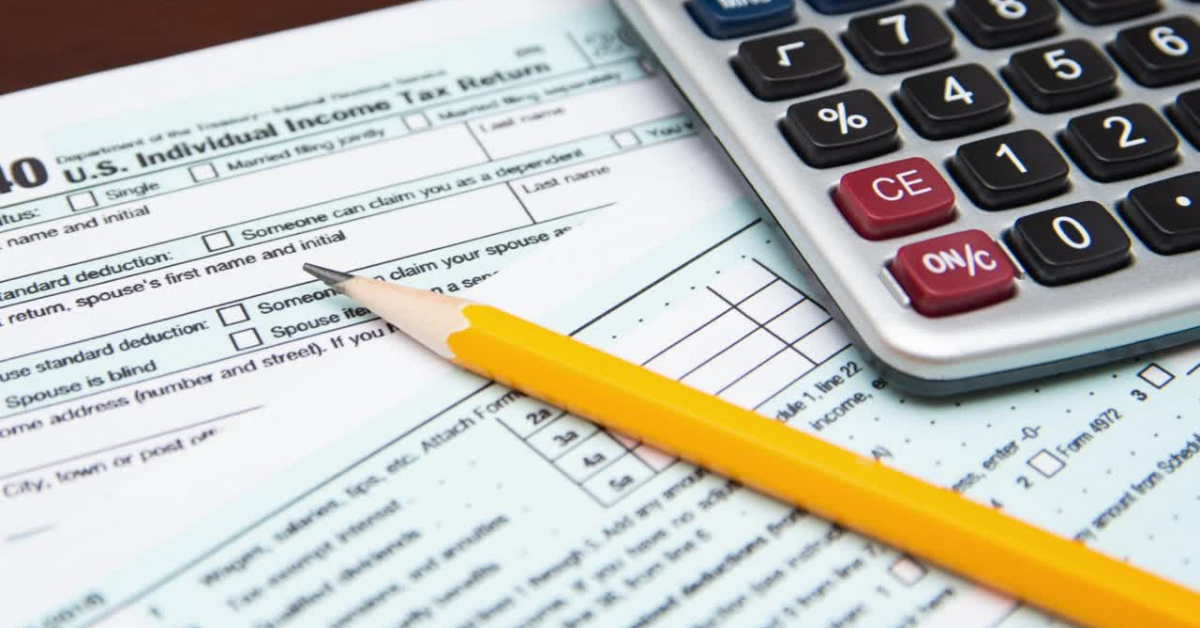Are Moving Expenses Tax Deductible? Not for Most People
Many different tax deductions are available from education expenses to dependents and sometimes travel. Are moving and relocating expenses tax deductible?
Feb. 24 2022, Published 3:33 p.m. ET

Tax season is upon us and many taxpayers want to know where to claim extra tax breaks. Navigating tax deductions can be time-consuming but worth the money saved.
Overall, tax deductions can range from education expenses to dependents and sometimes travel. There are many deductions that can be claimed when people file their taxes. Are moving and relocating expenses tax deductible?
If you have moved or relocated, here are some points to keep in mind when it's time for you to file taxes.

What IRS form should you use when claiming moving expenses?
The IRS form taxpayers use to claim moving expenses is IRS form 3903. Mainly, the form is used for military personnel after changes were made amid tax reform.
Moving expenses that are available to claim for deductions include:
- Lodging, travel, and gas expenses
- Shipping and storage costs
Are moving expenses tax deductible?
Moving expenses aren't tax-deductible for most people. After 2017, the tax reform changed the requirements until 2025. Constituents who moved before 2017 might be eligible to file an amended claim to cover their moving expenses.
Active military personnel can claim moving deductions on IRS form 2903 attached to IRS 1040 form. To be eligible to claim moving deductions, active military personnel must prove that the move was due to a military order and a permanent change of station. Military personnel falling under this category can claim deductions for themselves, their spouse, and dependents.
Moving expenses aren't eligible to claim as deductions if the military or government covers the expenses or if the active member gets reimbursed. Moving expenses are also subject to meet the "time" and "distance" tests.
What's the time test, and how is it measured?
Since relocating active military members are eligible for deductions regardless of time and distance, there are two tests for people who want to amend a previous tax filing on moving expenses.

To meet the criteria for moving deductions, a person must make sure that their move closely relates to the start of their new job. The time test is a parameter put in place to describe the amount of time a person has to work full-time within 12 months of their move. A person has to pass the time test in order to qualify.
Meeting the time test requires that a person must be working full-time for at least 39 weeks within the first 12 months after the move.
What's the distance test, and how is it measured?
Beyond the time of the move needing to be closely related to the start of work, the distance between one's new place of employment and their old home is also a factor. To meet the distance test criteria, a person's new place of employment must be at least 50 miles from their previous residence and former place of employment.
For example, if an active military member lived 30 miles from their place of employment, to qualify for any deductions, they would have to move to a new job that was at least 80 miles away from their previous home.
While moving expenses aren't tax-deductible for most people, there could be another rule modification in 2025.
